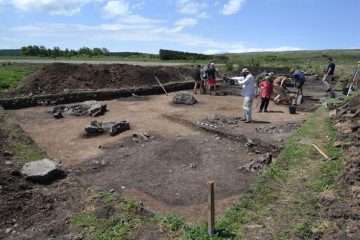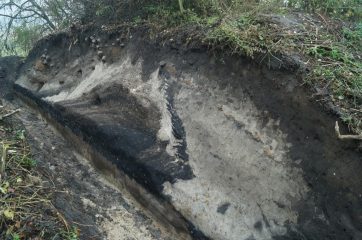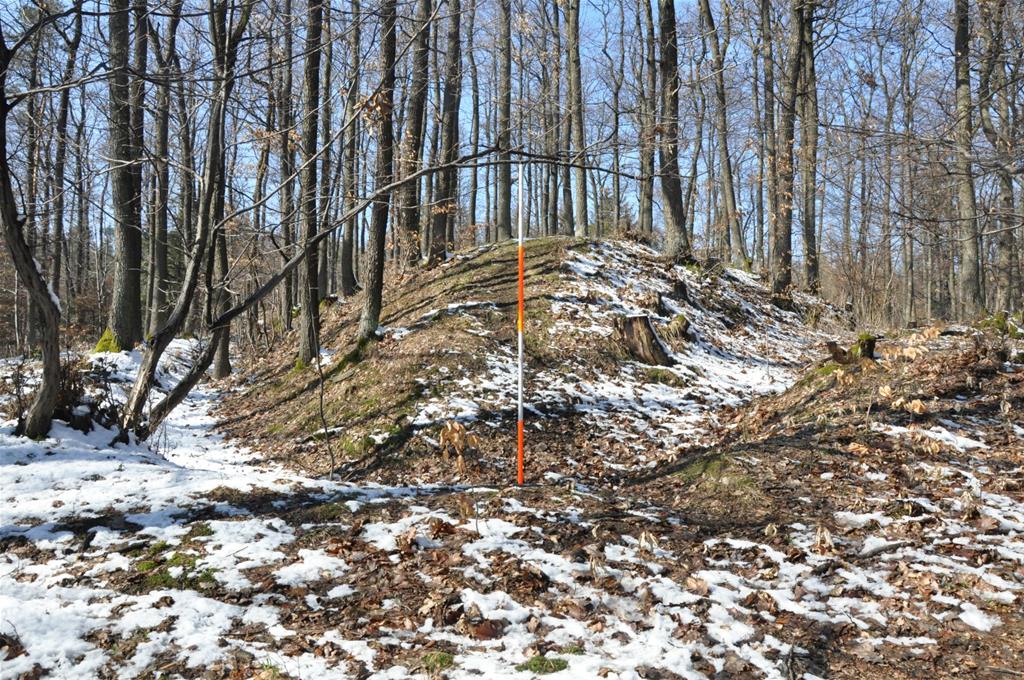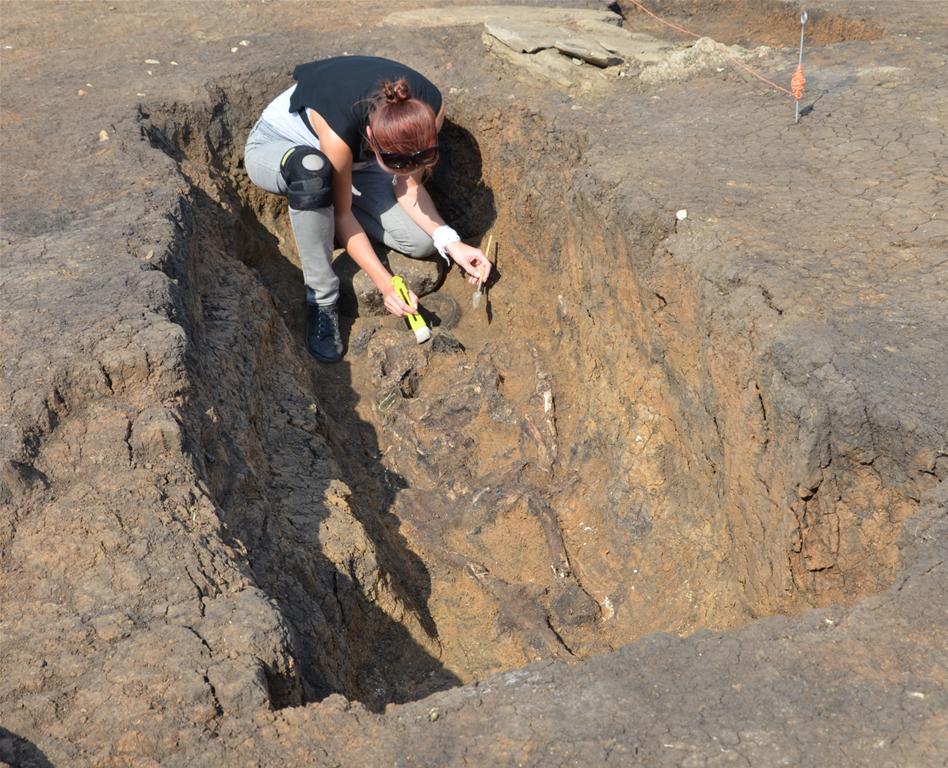Remains of people with modified skulls uncovered
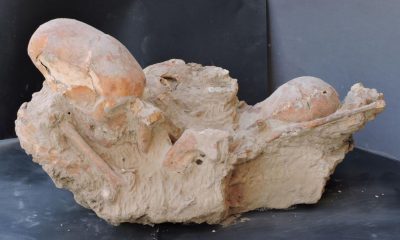
Remains of seven individuals with intentionally modified skulls making them flatter and elongated were uncovered during excavations at Ali Kosh in West Iran. The remains date back to around 7500 BC.
